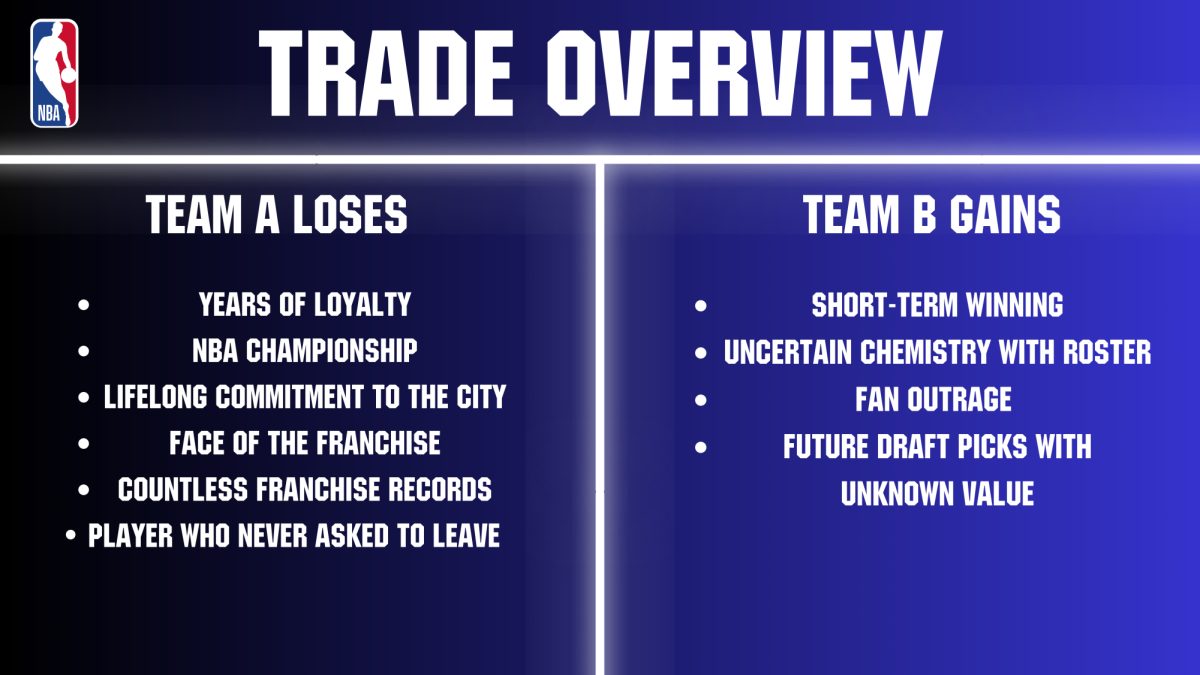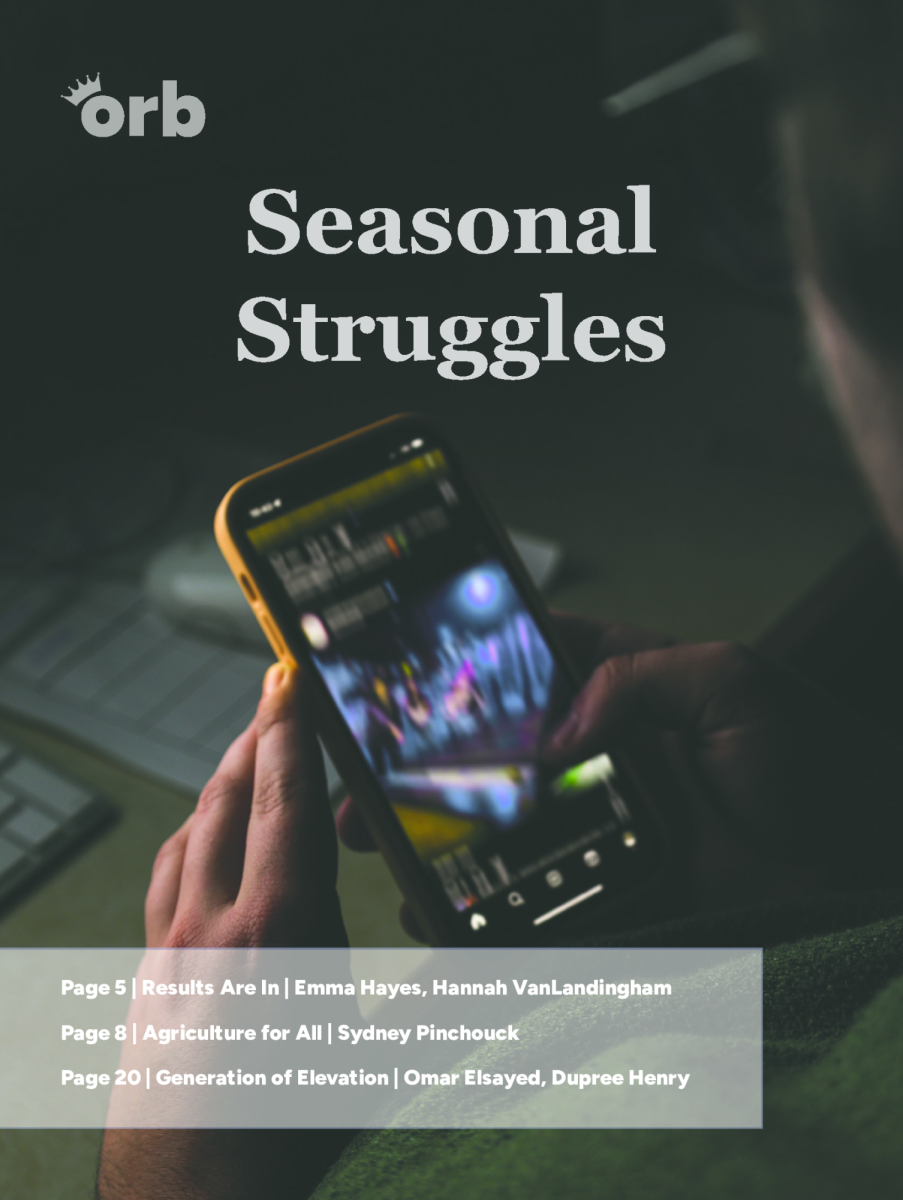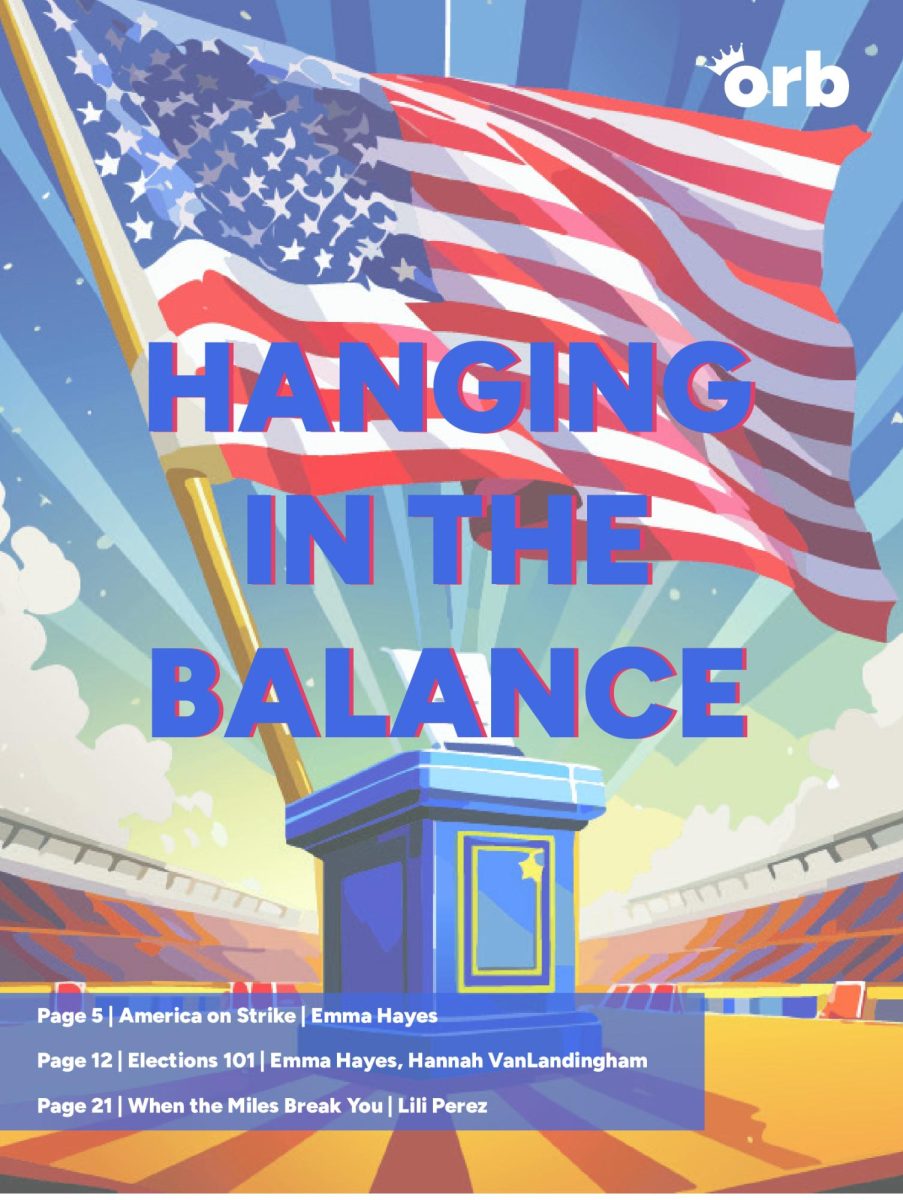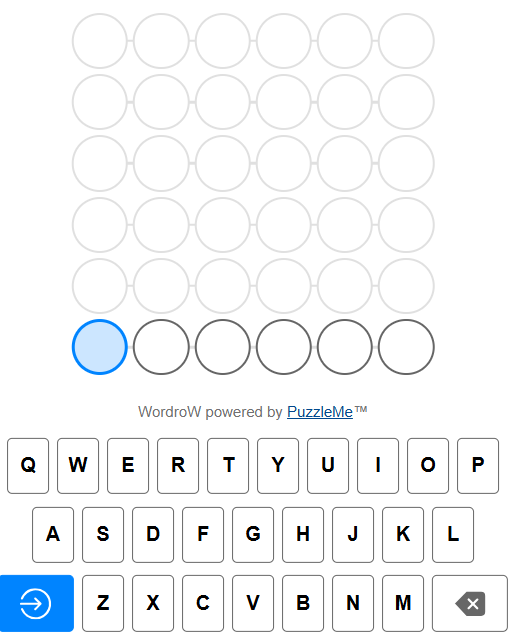The LA fires have finally been contained but, victims of their devastation aren’t out of the woods yet. Over 12,000 homes have been lost in the fires, leaving even more homeless while fleeing for survival from the fires.
The rest of this year will be marked by a massive reconstruction project, trying to rebuild the estimated over 250 billion dollars in damages. Through this time though, thousands are now searching for a place to live.
Hurdles are appearing for people seeking temporary living arrangements in LA. Starting on social media, people began finding examples of massive increases in rent, far exceeding California’s price gouging regulations, which don’t let services like gas and rentals increase their prices by over 10% from before the emergency was declared.
In some good news for those in LA hurt by these fires, the state has begun cracking down on these price gougers. Suits have begun being filed against both individual landlords as well as rental companies. A vote by the LA Board of Supervisors recently increased the maximum penalty for price gouging fines as well.
Officials in California have warned those attempting to take advantage of the disaster, “You cannot jack up prices and take advantage of disaster victims, plain and simple.” California Attorney General, Rob Bonta said in a statement at a Jan 18 press conference.
While those in California are slowly picking up the pieces of their lost homes, their troubles with the housing market aren’t totally unique. A 2024 survey by Clever Real Estate, a St. Louis real estate company, found that 60% of Gen Z worry that they will never become a homeowner. Of prospective Gen Z buyers, only 18% believe that they could afford a home.
The fragile nature of the housing market might’ve reached wider knowledge with the LA fires, but it’s been around for a while. One of the most recent, and massive, explosions in the housing market was the 2008 Housing Crisis.
“There was a lot of foreclosures, which, in turn, dropped prices.” Relator Melanie Balog said. “The values of homes did end up plummeting, and we saw a lot of people losing their houses.
“But the good thing with Indiana, for whatever reason, we recover well from a crisis like that. Compared to the rest of the country, our prices bounced back a lot faster than some other locations.”
While Indiana recovers well from crises like that, Gen Z fears around affordability haven’t gone away.
“Housing has just gotten so expensive lately,” senior Katie Follis said. “It’s hard to buy a home in Fishers, so a lot of people have to live with their parents after college in order to have time to gain income to invest in their own home.”
“The issue really falls down to affordability, 100%,” Mrs. Balog said. “You’ve got the issue that home prices have increased dramatically. Then you have the wage disparity, nobody’s making as much as they need to. Wages have not increased. Then we also see the cost of living going up, and with wages being stagnant, there’s just a big gap there that makes it very difficult to afford buying homes.”






























